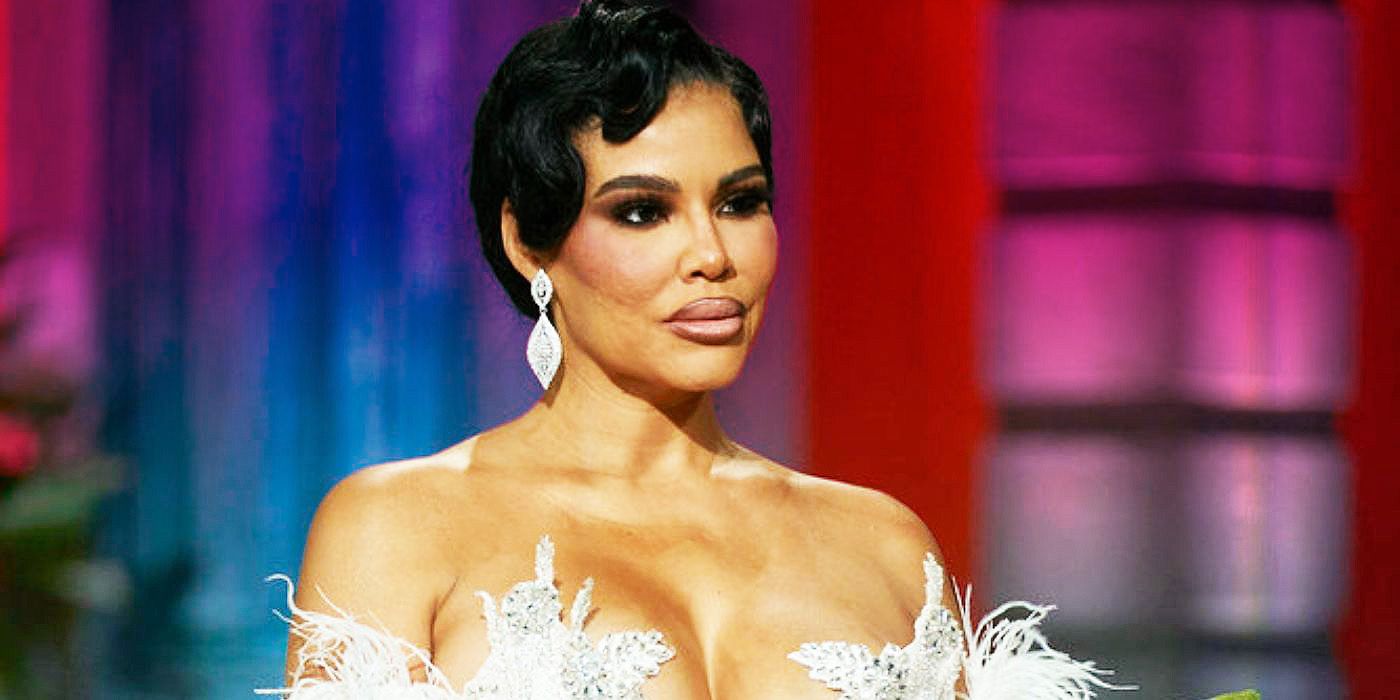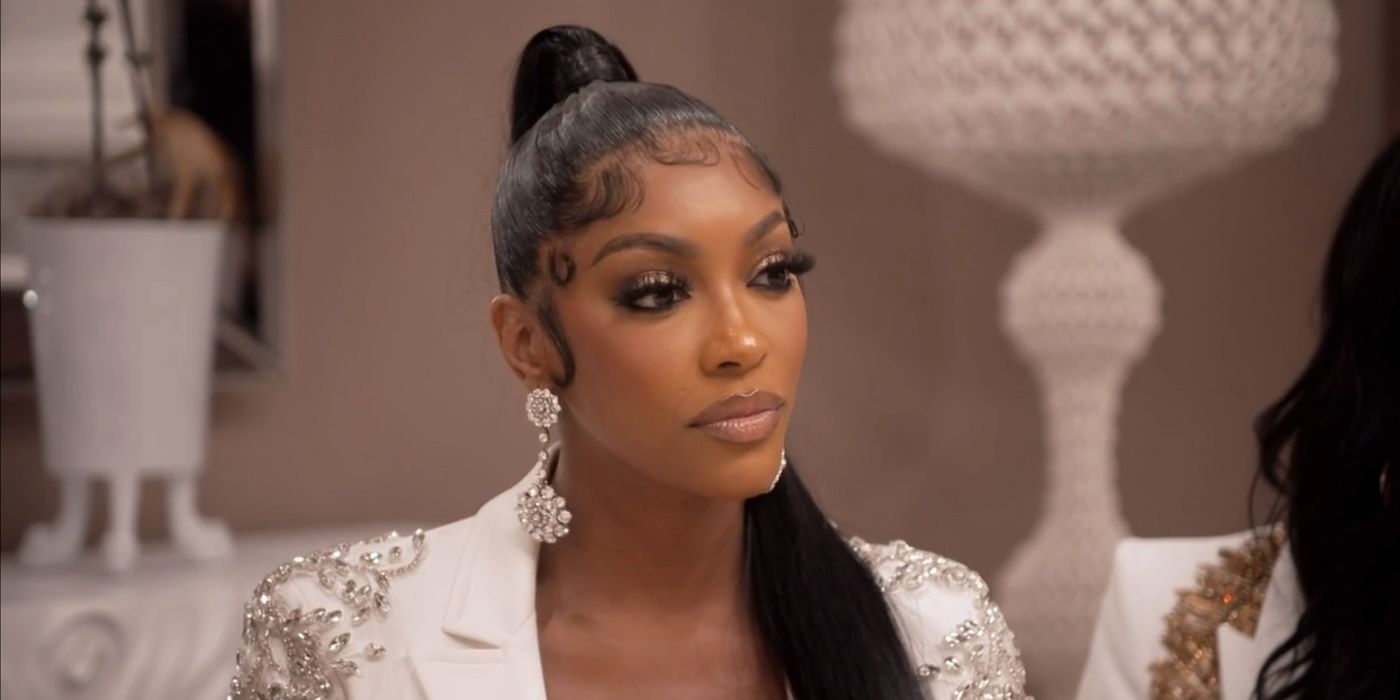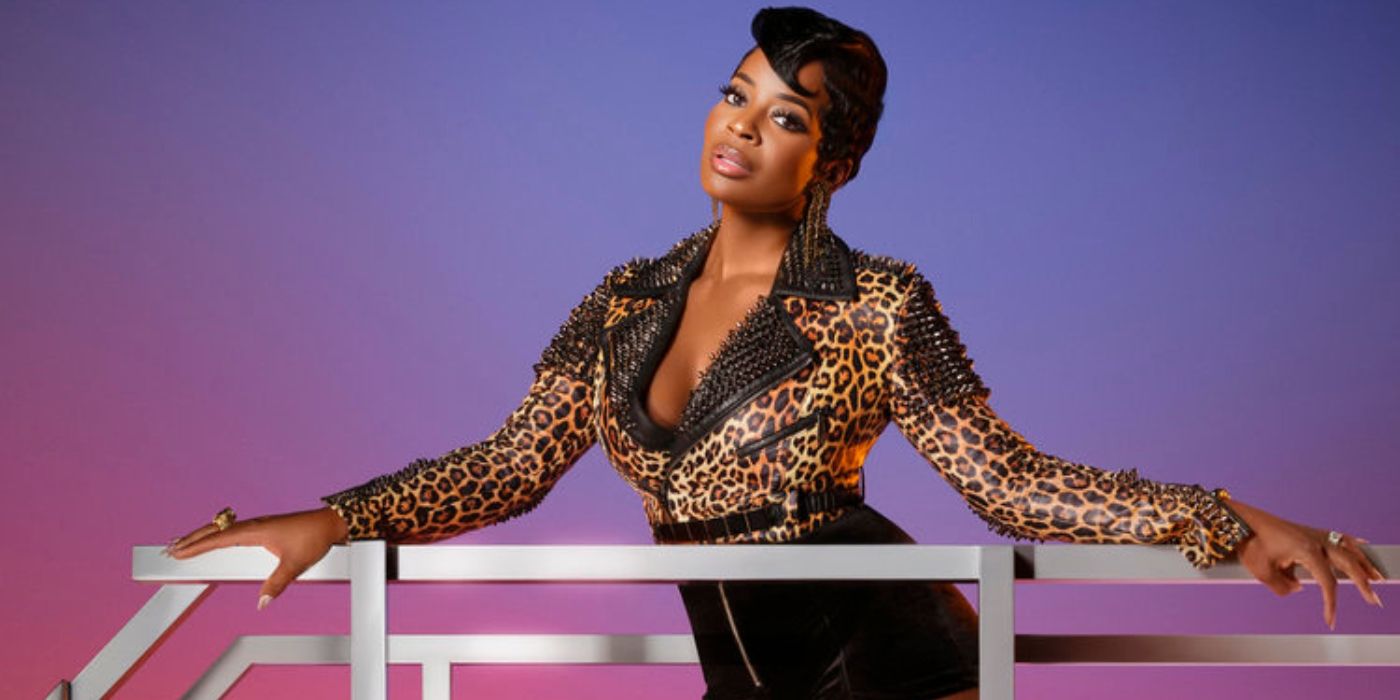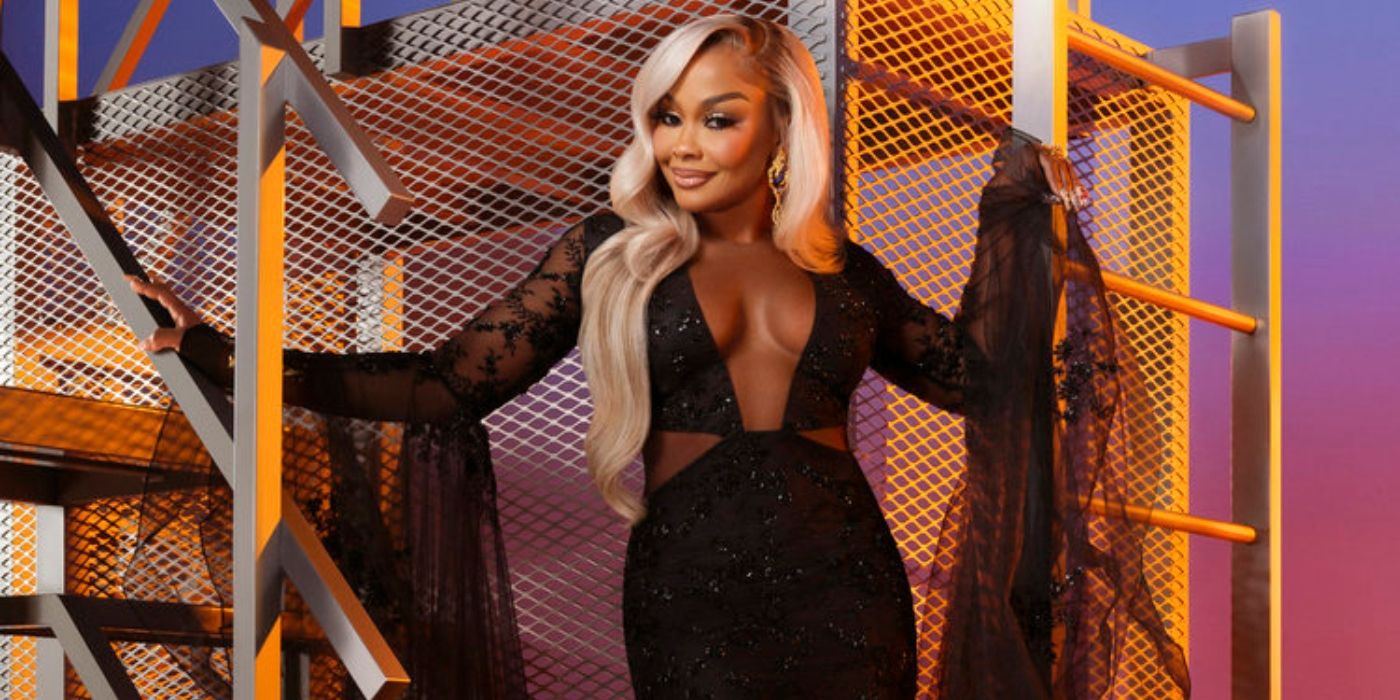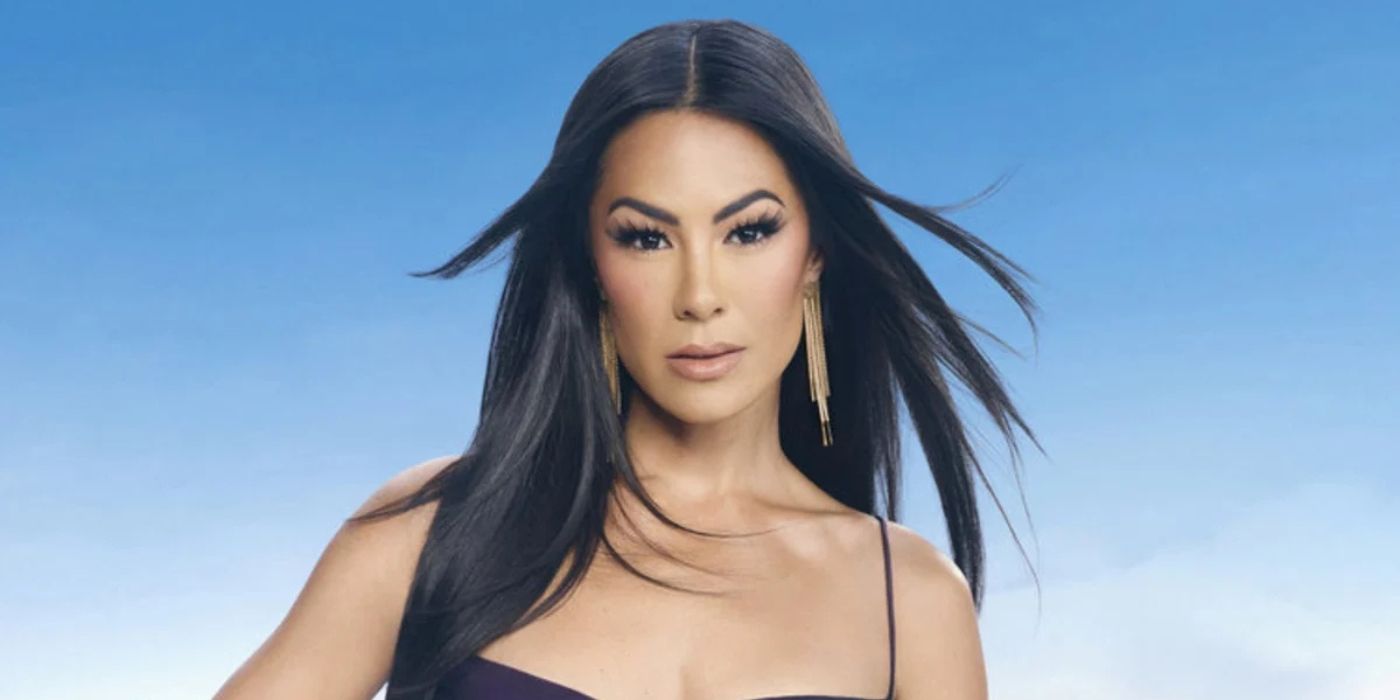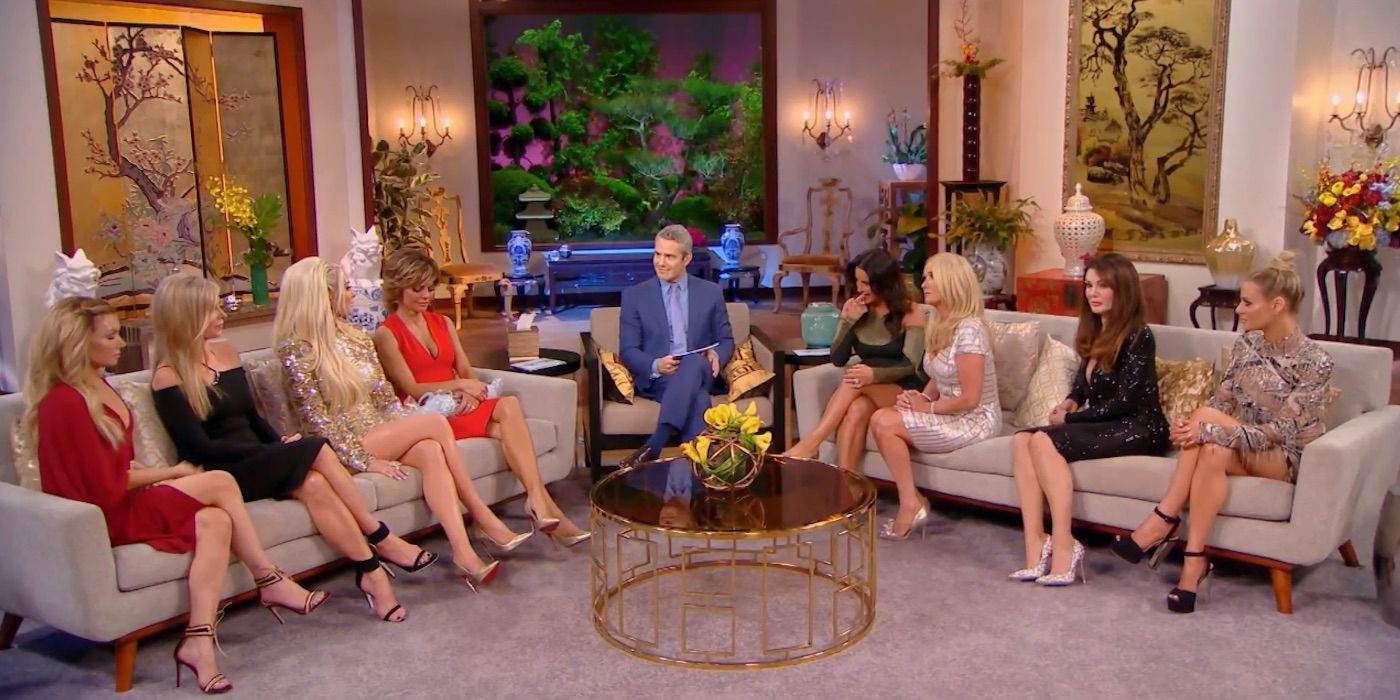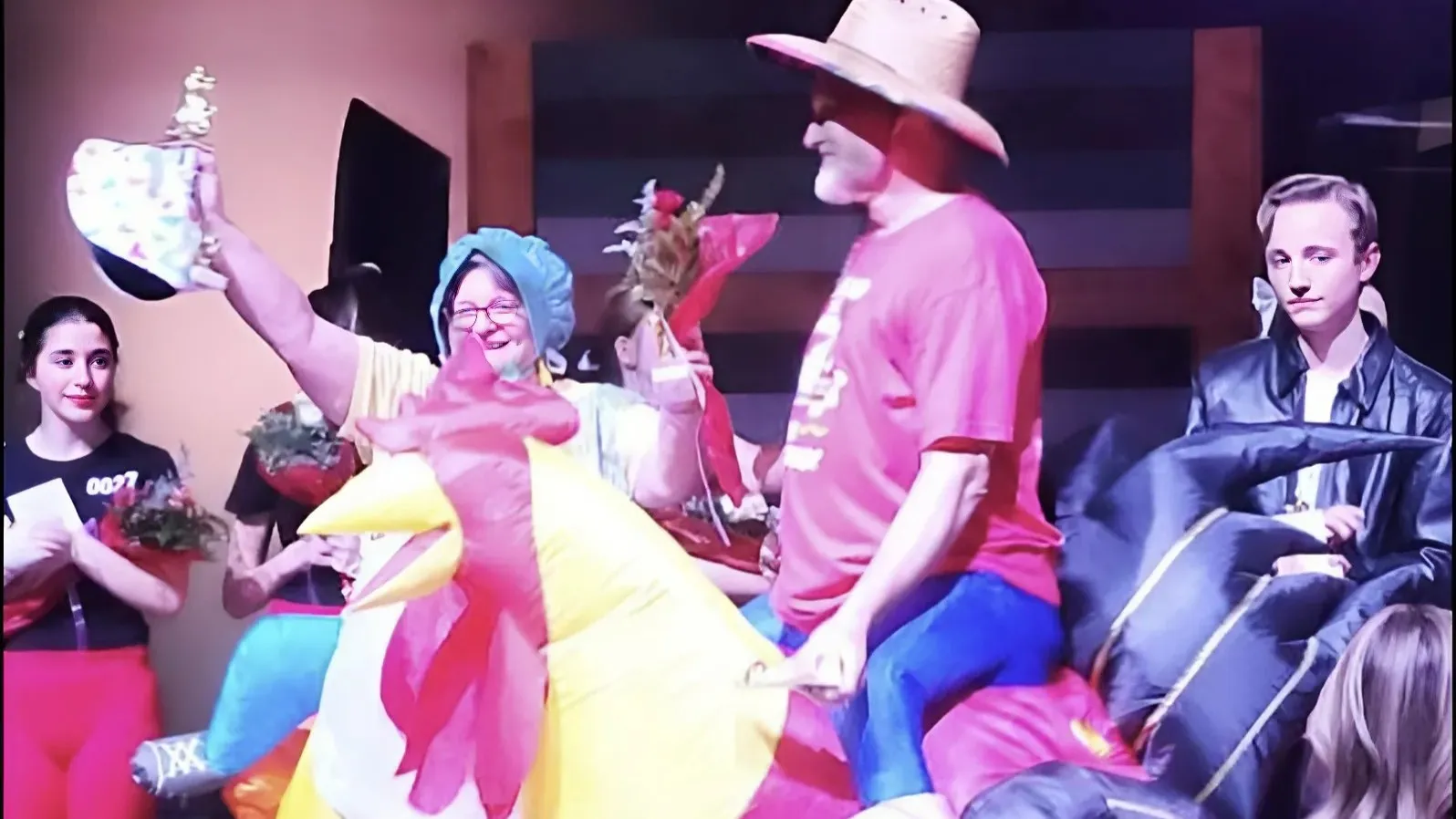Over the years, The Real Housewives franchise has become a pop culture phenomenon, offering audiences an inside look into the luxurious lifestyles of affluent women across various American cities. However, beneath the glitz and glamor lies a deeper issue – the lack of representation and the unique challenges faced by women of color within the franchise. Despite the show's popularity, Bravo has faced ongoing criticism for its slow pace in diversifying its cast, leading to conversations about race, identity, and the pressures placed on women of color within the reality TV landscape. While the network has made strides in casting more women of color (WOC), this shift has exposed a troubling pattern: WOC on these shows are often burdened with the task of addressing race and educating their white castmates, while also being subjected to increased scrutiny and harsher criticism.
The Problematic Stereotyping in 'Real Housewives of Beverly Hills'
A recurring issue for WOC across the franchise is their portrayal of harmful stereotypes. Garcelle Beauvais broke barriers as the first Black housewife on The Real Housewives of Beverly Hills. Despite her poise and diplomacy, she has repeatedly navigated microaggressions from her white co-stars. Her valid concerns about being treated differently have been met with gaslighting or outright dismissal.
Eboni K. Williams' tenure on Real Housewives of New York City exemplifies this stereotyping more clearly. During her sole season, Williams often found herself steering conversations toward issues of race and identity – conversations that her white co-stars were visibly uncomfortable having. From discussing microaggressions to calling out coded language, Williams took on the role of educator. Rather than fostering deeper understanding, these moments frequently devolved into defensiveness from her white castmates, portraying Williams as "preachy" or "aggressive." Despite her efforts to broaden the group's awareness, Williams faced relentless backlash from viewers who felt the show had become too "political," reflecting a broader societal resistance to engaging with issues of race in entertainment.
Andy Cohen's Explanation for the Delay
Garcelle has spoken publicly about the burden of representing Black women in predominantly white spaces. She has shared how her co-stars' lack of understanding regarding her cultural background has led to moments of alienation and conflict. True progress requires more than token representation. It involves creating an environment where women of color are fully supported both on and off-screen, and where their stories are given the same depth and nuance as their white counterparts. As much as the production team and cast members are responsible on-screen for the diversity, the audiences also play a huge role in normalizing and advocating for more diverse cast members.
Social media has become a powerful tool to voice opinions, and Reddit threads discussing each episode are something no fan misses. However, merely discussing the lack of diversity would not resolve this issue. With Garcelle now announcing she was quitting the show for definite personal reasons, a part of it also includes her rocky journey throughout this show. Increasing diversity behind the camera is just as crucial as in front of it. Having BIPOC producers, editors, and decision-makers can lead to more accurate and empathetic portrayals of WOC.
